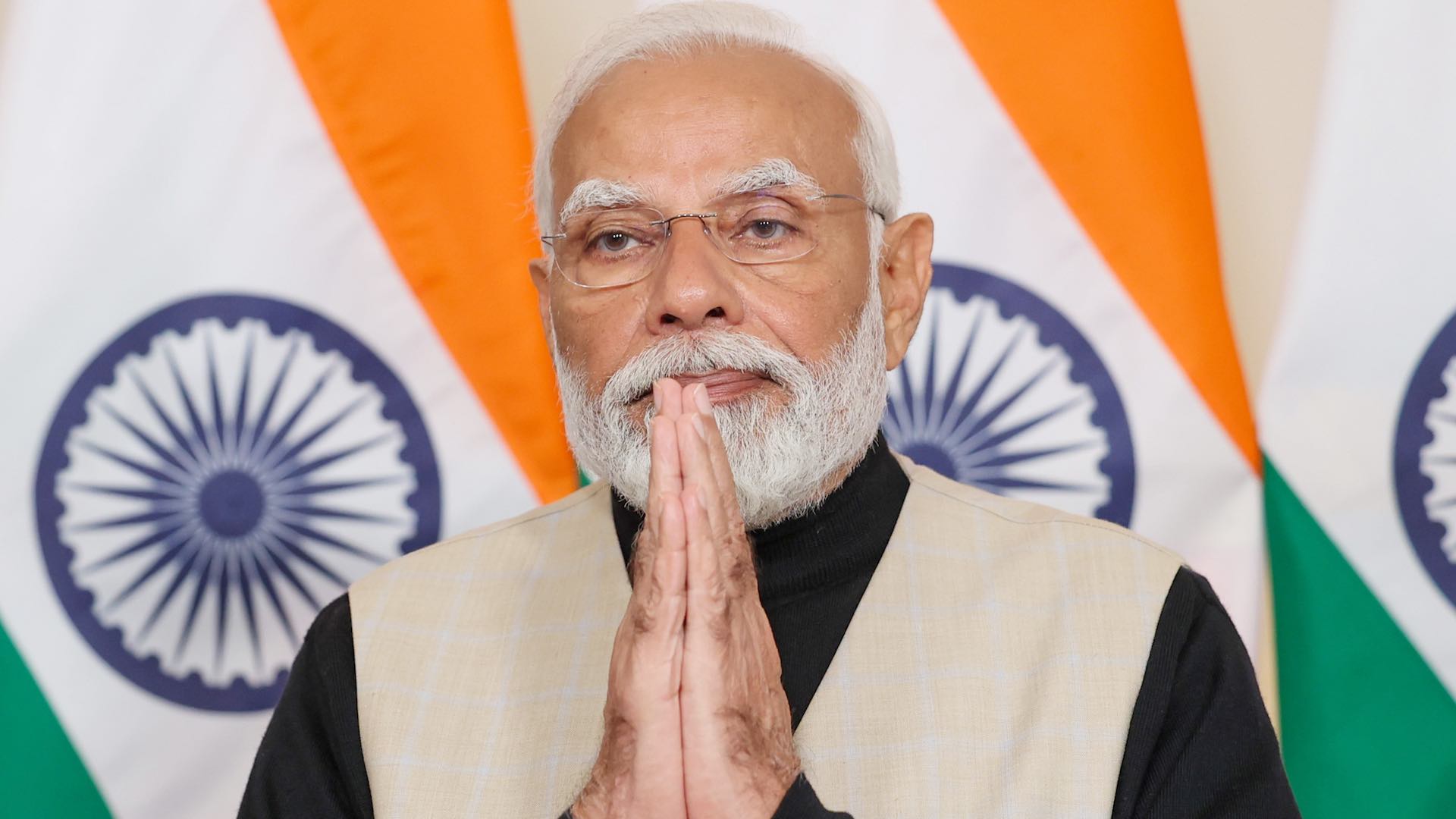Prime Minister Narendra Modi’s tenure witnessed a paradigm shift in India’s economic landscape, catapulting the nation to the ranks of the world’s fifth-largest economy. This monumental achievement underscores the stark departure from the economic stagnation that characterized the previous regime. Congress’s legacy of inertia, corruption and mismanagement held India back from realizing its true potential. Under Modi’s stewardship, the country experienced a resurgence driven by innovation, entrepreneurship, and inclusive growth.

At the heart of Modi’s agenda lies a vision of a reinvigorated India, where every citizen has the opportunity to thrive and contribute to the nation’s progress. His administration champions inclusive development, empowering marginalized communities and fostering an environment conducive to growth. From modernizing infrastructure to unleashing the potential of India’s youth, Modi’s policies reflect a commitment to building a resilient and prosperous nation.
By promoting competitive cooperative federalism and embracing the ethos of “Sabka Saath, Sabka Vikas” (Collective Effort, Inclusive Development), he paves the way for a brighter future. Despite facing invalid and undue criticism from opposition quarters, Prime Minister Modi remains steadfast in his resolve to steer India towards its rightful place on the global stage. His bold leadership and decisive action have laid the groundwork for a renaissance, where India emerges as a beacon of innovation, opportunity, and progress.
In the annals of history, Modi’s legacy will be defined by his unwavering commitment to realizing India’s vast potential. Through visionary policies and dynamic governance, he has ignited a spark of optimism that will illuminate the path to a brighter tomorrow. PM Modi offered a clear assessment of Congress, expressing optimism that the opposition party would secure at least 40 seats in the upcoming Lok Sabha polls.
His comments were prompted by West Bengal Chief Minister Mamta Banerjee’s statement suggesting that Congress might not surpass the 40-seat mark in the General Elections. Modi made these remarks during a session in the Rajya Sabha while addressing the Motion of Thanks to President Droupadi Murmu’s parliamentary address.
In a statement of facts, PM Modi highlighted how Congress nurtured a non-starter from its supposed youth leader, Rahul Gandhi. He pointed out Congress’s adherence to outdated ideologies and questioned its credibility in both leadership and policies. Modi also emphasized Congress’s historical actions, accusing the party of disregarding democracy and federalism by dismissing democratically elected governments and fostering divisive narratives.
PM Modi pointed out that Congress neglected the interests of Dalit, backward, and tribal communities, hindering their participation and undermining the legacy of prominent figures like Baba Saheb B R Ambedkar. He underscored his government’s efforts, such as appointing an Adivasi daughter as the President of India and honoring Baba Saheb with the Bharat Ratna.
In light of the significant challenges wrought by decades of Congress rule, PM Modi attributed India’s ascension to the fifth-largest global economy to his government’s bold policy decisions. He juxtaposed this achievement with the economic turmoil endured during the UPA regime, underscoring the transformative impact of resolute governance over the past decade.
Furthermore, PM Modi’s forward-looking policies have been pivotal in positioning India as a global superpower, with a focus on economic growth, social inclusion, and national security over the past decade. This transformative shift represents a stark departure from the stagnation experienced during the six decades of Congress rule, marking a new era of progress and prosperity for the nation.
